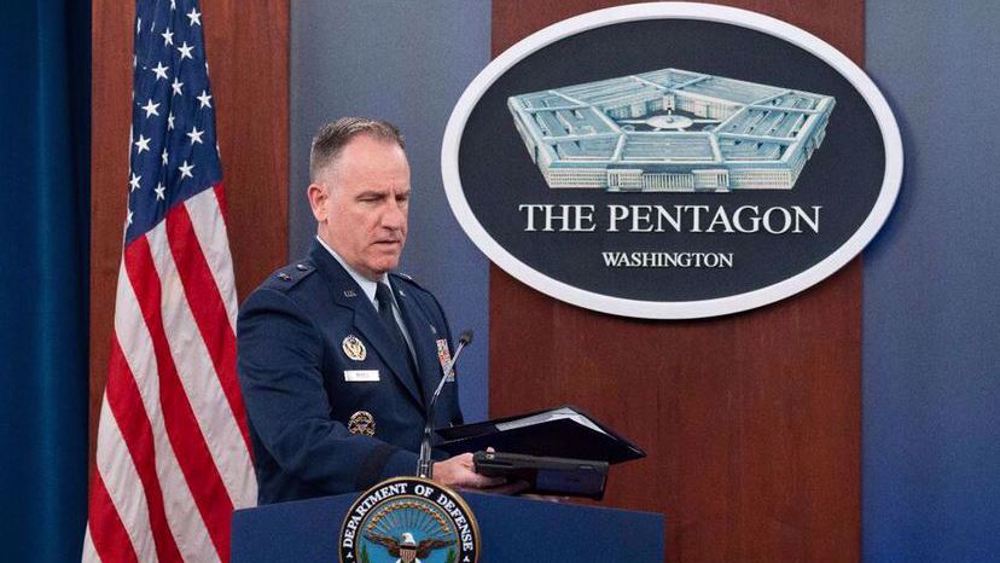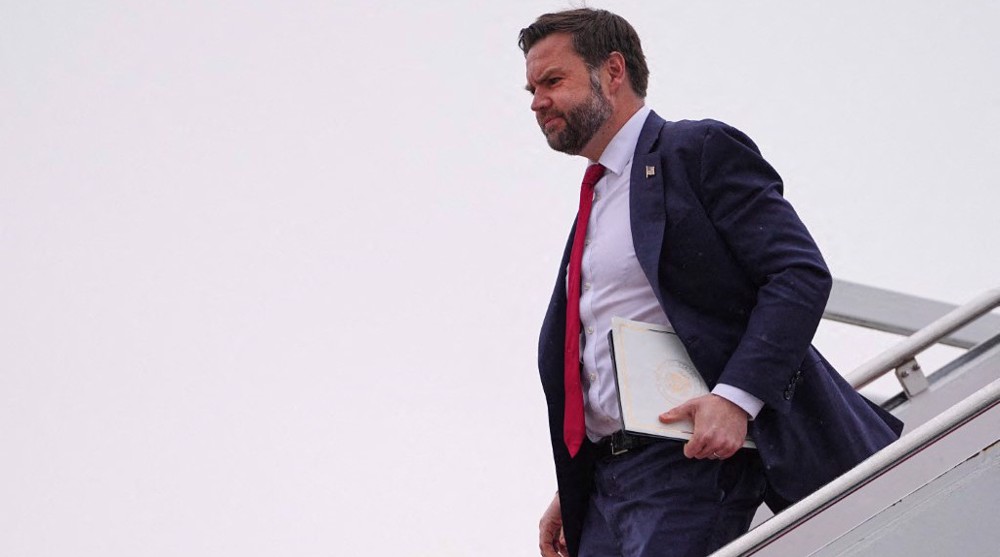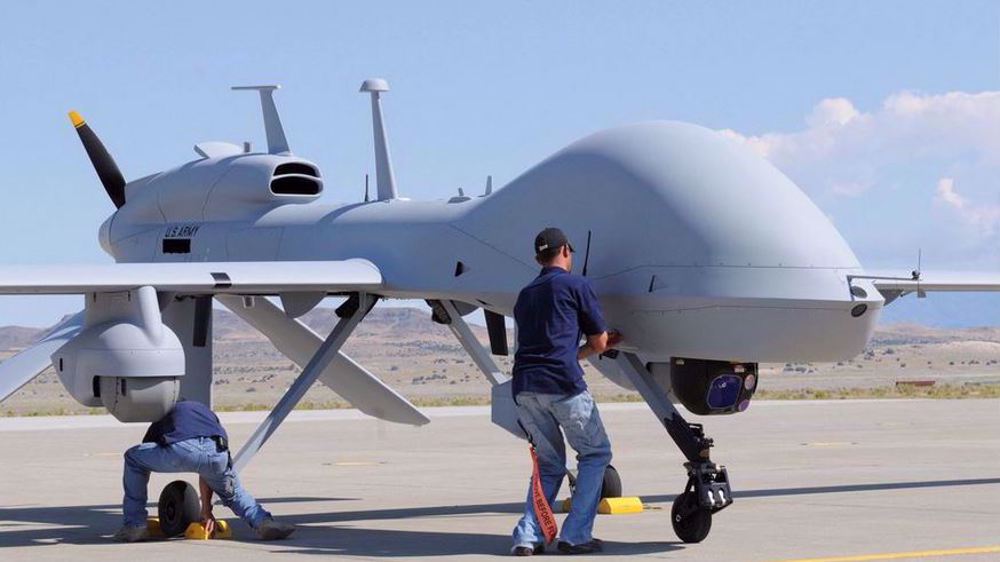US senators introduce bill to repeal 2001 law granting president war powers
A group of Republican Senators have introduced a bill in the US Congress to repeal a 2001 law that allowed the American president to wage war without congressional approval, insisting that the law has become an instrument to keep the US engaged in endless wars.
Senators Rand Paul of Kentucky, Mike Lee of Utah, JD Vance of Ohio and Mike Braun of Indiana introduced on Thursday the so-called End Endless Wars Act, which would repeal the Authorization for the Use of Military Force (AUMF), a resolution overwhelmingly passed by US lawmakers in 2001-- in wake of the suspicious September 11 terrorist attacks -- granting then-president George W. Bush to wage highly destructive wars on Afghanistan and Iraq.
“The 2001 AUMF never intended to authorize worldwide war, all the time, everywhere, forever,” Senator Paul declared following the introduction of the new bill, calling on fellow US lawmakers to pass the proposed legislation if there is any desire “to reclaim our constitutional power and to send a message to the world that we are a nation of peace.”
He further emphasized that the 2001 AUMF has “become one of the many instruments of misuse, and it is time for members of Congress to end this authority that keeps us in endless wars.”
Senator Braun also noted that no president should “have the authority to single-handedly wage war,” calling to “return this power to the people and repeal this authorization that has far outlived its’ purpose.”
The AUMF is still being used to justify US military actions today and currently authorizes troop deployment and intrusions into Syria, Iraq, Somalia, Yemen, and several other countries.
The development came amid Washington’s latest move to provide an additional $2.1 billion in weapons aid for Ukraine, with Republican lawmakers voicing concerns about the haphazard military shipments to the former Soviet state.
The US Defense Department announced on Friday that the new package of long-term military assistance will include air defense and munitions for laser-guided rockets, an undisclosed amount of artillery rounds, and funding for training and maintenance support.
It will also include funding for more Patriot missile battery munitions, Hawk air defense systems and missiles, and small Puma drones that can be launched by hand.
Meanwhile, Russia says Ukraine was ready to sign a peace deal in the early days of war but gave up on negotiations due to US pressure.
Nikolay Patrushev, the secretary of Russia's Security Council, made the remarks on Thursday, saying there are “interested parties in this conflict,” particularly the US.
“Had it not been for the US pressure on those whom they installed at the head of Ukraine, this situation would have not happened. Even the Ukrainian leaders themselves were ready for signing a peace treaty and gave Russia written proposals that we, in principle, approved,” he said.
The two warring sides began face-to-face talks in the Turkish city of Istanbul for the first time in March 2022 after several virtual rounds of negotiations.
Russian and Ukrainian negotiators agreed on the framework for a tentative deal that would have involved a Russian withdrawal in exchange for Ukrainian neutrality.
However, the peace talks hit a dead end in April of the same year due to West’s desire to keep the war going and not negotiate.
US Secretary of State Antony Blinken further rejected the idea of a ceasefire in the conflict in recent remarks and vowed that Washington would continue building up Ukraine’s military.
The US has so far provided more than $37.6 billion in military assistance to Ukraine since Russia launched its special military operation in late February 2022 in face of the persisting eastern advance of the US-led NATO military alliance.
Russian officials have repeatedly announced that flooding Ukraine with weapons will only lead to its further destruction.
Iran’s air defense systems down six advanced Hermes drones
US defenses overwhelmed by Iran’s drone and missile barrages: WSJ
IRGC says second US THAAD anti-missile unit destroyed
CNN journalists abducted by Israel while reporting on damage from Iranian strikes
Iran denies attacks on Oman as it warns of US-Israeli ‘false-flag’ ops
Iran knows where Netanyahu convenes his meetings: Ex-IRGC chief
‘Law of jungle’: China says Israeli-US aggression against Iran must stop
Iran says committed to regional security; retaliatory attacks only target Israel, US assets














 This makes it easy to access the Press TV website
This makes it easy to access the Press TV website